“When I was much younger, I wanted to be a chemical engineer, but as I got a little older, I guess my mind turned more towards business,” says Myron Gould,…
Read moreLong-time NY businessman and marketer gives back by teaching
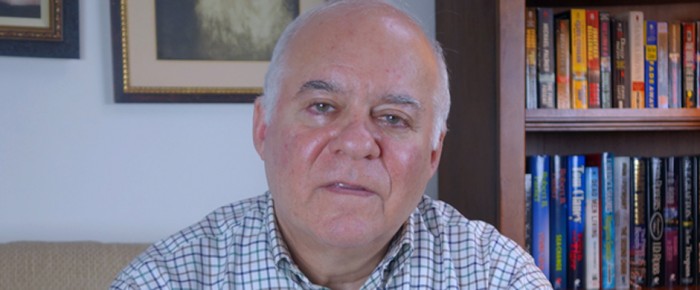

“When I was much younger, I wanted to be a chemical engineer, but as I got a little older, I guess my mind turned more towards business,” says Myron Gould,…
Read more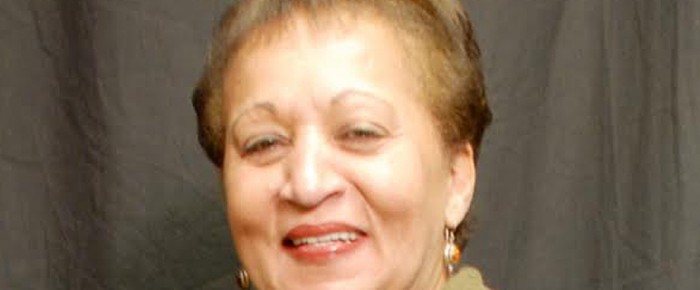
Joyce Roché has climbed higher on the corporate ladder than most. For her, it was learning about opportunities she never knew existed, and learning to conquer self-doubt, that made all…
Read more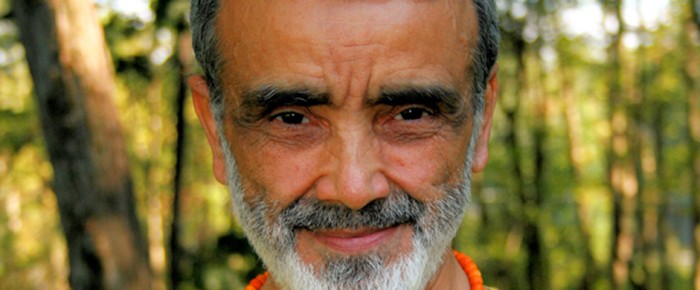
While most New Yorkers are scrambling around, stressed, and in a hurry, Master Yogi Sri Dharma Mittra is often in a faraway, much more peaceful place mentally, and sometimes physically…
Read more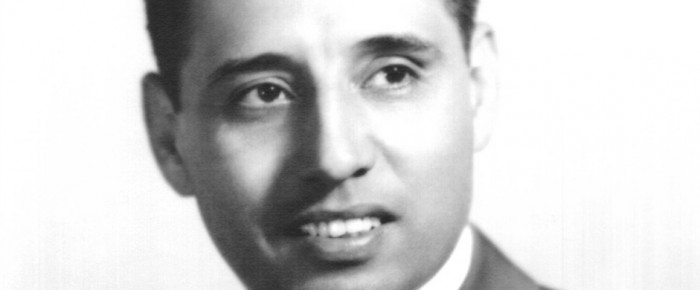
After living through the Great Depression of the 1930’s, Ernest Eguia went from fighting in Normandy during World War II to fighting for the civil rights of Latinos when he…
Read more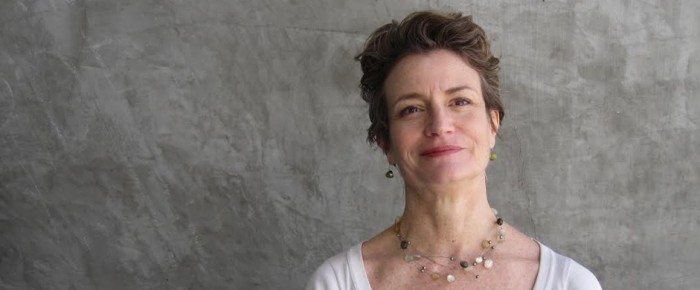
After studying architecture in college and landing a career in publishing because of her love of reading, Ashton Applewhite never thought she’d be a writer. Not only did she become…
Read more